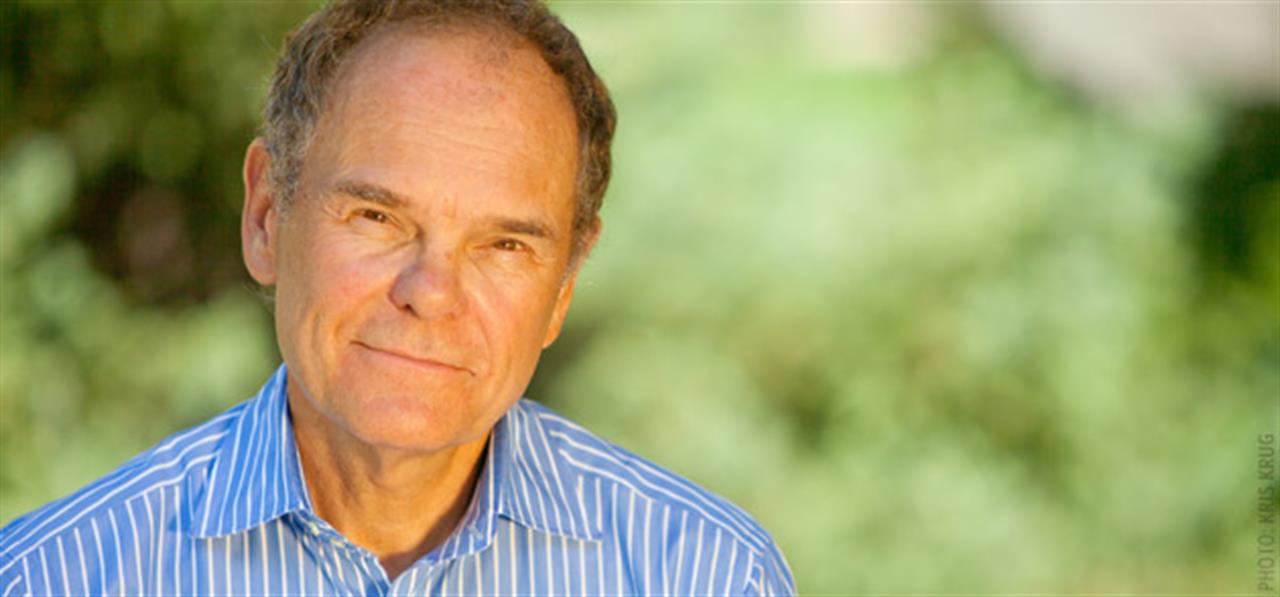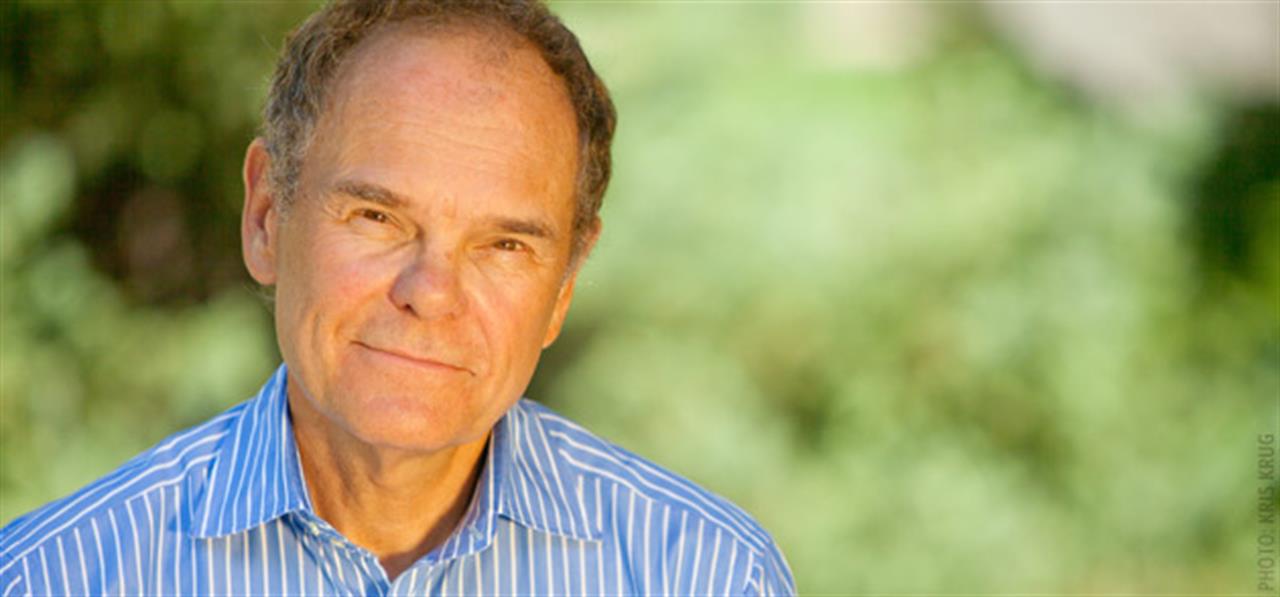
The internet is the 21st century’s revolution, and networks its social product.
In history, every technological advancement has always brought dividends to society and caused bloody changes as well: printing nurtured the Renaissance period and enabled the Reformation that ended with The Thirty Years War; the Industrial Revolution made European Nation States as wealthy as they, or any other civilization, have ever been, and culminated in Western Domination of the World. But it also brought about two world wars which destroyed the power basis of the same nations.
Nobody has yet been able to prove that history is determined by laws , but perhaps the memory of these painful changes is somehow embedded in our cultural DNA and makes people suspicious of new technologies.
Smartphones and social networks have become our inseparable companions in our free time, and business has been transformed to such extent that this change defines how we define the present day: globalisation. This has generated both unprecedented economic growth and the current economic crisis.
Politics is the last virgin land, almost untouched by the online revolution. In Europe, in particular, we are still stuck with twentieth century order and practices – a fact acknowledged even by representatives of the political establishment, such as Mario Monti and Sylvie Goulard in De la Démocratie en Europe. Who, then, is afraid of the 21st century?
This week I was in Toronto for the launch of Global Solution Networks (GSN), the new research project led by Don Tapscott. The project explores how multi-stakeholder networks can be the most effective approach to tackling global challenges.
The idea was developed within The World Economic Forum’s framework on new forms of global governance. It builds on the previous research projects of Don Tapscott, based on the concept of cross boundary collaboration. Wikinomics. How Mass Collaboration Changes Everything was a best-seller in 2006.
The new project applies the ‘philosophy’ of cross boundary collaboration to global governance. The basic idea is that multi-stakeholder networks, involving public institutions, corporations, civil society and individuals, can develop and implement more effective solutions to tackle global challenges than multilateral institutions comprising of nation-state representatives only. Internet and related technologies are a vital component of such networks.
The idea is visionary, responds to the real needs of contemporary society, and has already attracted some top Western opinion leaders and institutions from around the world. Now it needs to be proved correct.
Thanks to the help of the European Commission, I’ve been invited to join the group of experts and to provide input on Europe. This gives me the opportunity to explore barriers to engaging people through networks in Europe, and get to the heart of the issue of demographic deficit.
I’m using the European Year of Citizens 2013 as a research framework for the initiative set up to engage citizens. However, the only network strategy put in place so far is a webpage with associated Facebook and Twitter accounts.
I will be in Brussels for meetings with officials as early as Monday. Stay tuned. There might be a new best-seller in the pipe line, as well as a real plan to crack civic participation in the European fabric.
Nessuno ti regala niente, noi sì
Hai letto questo articolo liberamente, senza essere bloccato dopo le prime righe. Ti è piaciuto? L’hai trovato interessante e utile? Gli articoli online di VITA sono in larga parte accessibili gratuitamente. Ci teniamo sia così per sempre, perché l’informazione è un diritto di tutti. E possiamo farlo grazie al supporto di chi si abbona.

